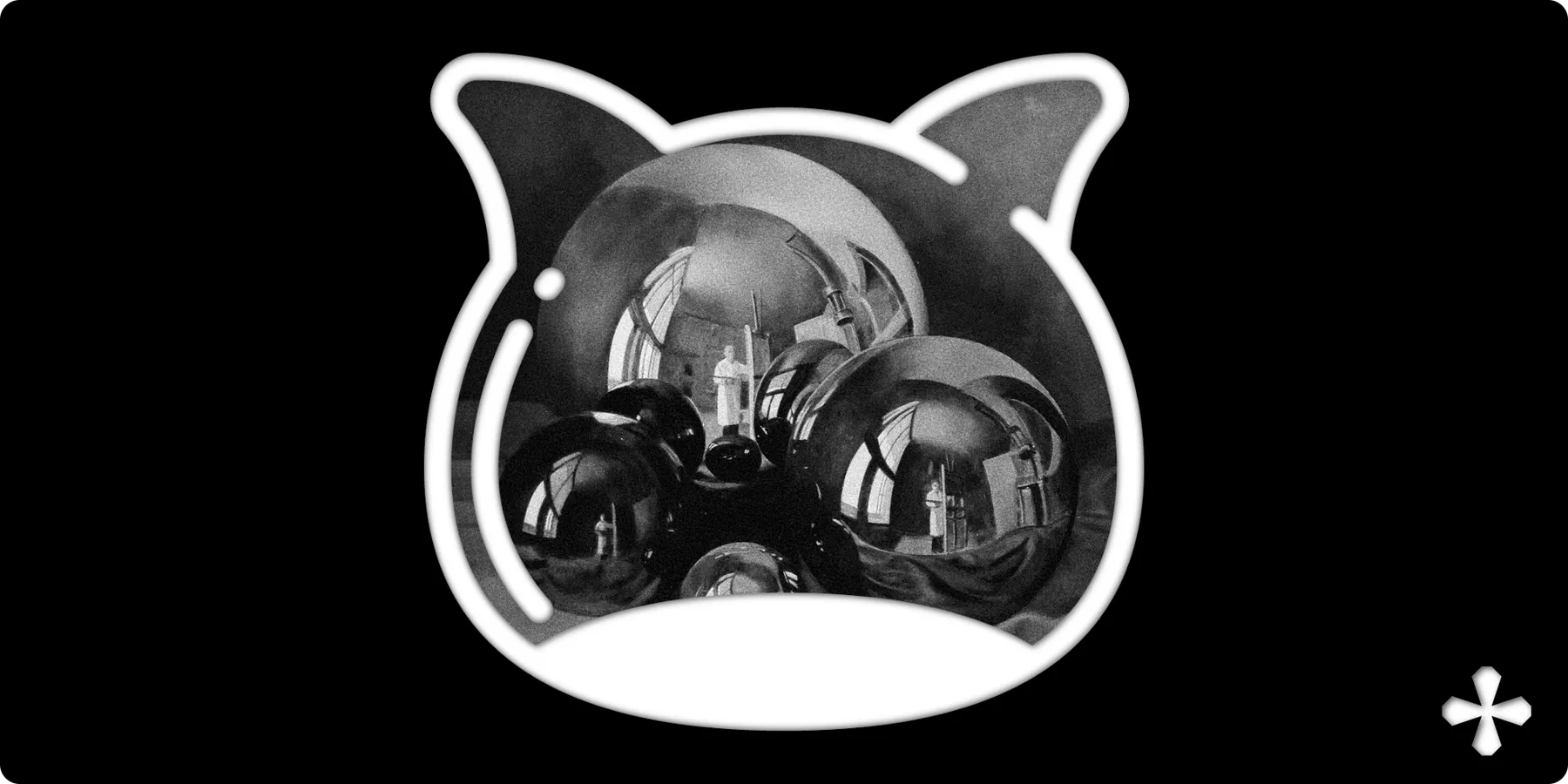
📝 Just a dash
by Chaz Osburn
juggling assets


In principle, there is nothing wrong with being wealthy. The world needs the super-rich, as they’re the only ones who can afford hugely expensive, world-changing projects. Such projects used to be something governments undertook, but what are governments these days but a bunch of rich people striving to fill their friends’ pockets?
However, we seem to be struggling with the meaning of ‘world-changing,’ as it seems the excesses of the rich are aimed towards stroking their egos rather than benefitting the other 99.9% of the world. Where are the projects like solving world hunger, taming the climate, achieving world peace, or preserving nature? Instead, the wealthy build ever larger yachts and embark on missions to Mars and the Asteroid Belt—while space missions could help humanity in the long run, the priorities seem wrong. When the super-rich donate to charities, it’s more often than not a minuscule fraction of their wealth designed to optimise their tax commitments.
If only we could rely on the super-rich to do the ‘right thing,’ but evidence suggests the people who fall into that category are, with few exceptions, deplorable, attention-seeking individuals. Their purpose in life seems to be at odds with making the world a better place—instead, they seem to want to score as highly as possible on some ‘who’s got the biggest dick’ scale.
Titans of industry want to possess the shiniest, most expensive yacht, car, space rocket, or other penis extension; leaders of various countries divert money which should serve their citizens into production of ever more macho weaponry; royalty and religious leaders need the largest, over-staffed palaces to show off their exquisite glistening royal jewels. Dick waving on the grandest scale.
The rich are deaf to the needs of others, perhaps because they can’t hear anything over the clanging of their massive gonads. A simple snip could be the very thing to get their attention.
Without further ado, my modest proposal is that becoming a billionaire should require castration.
If a member of the ultra-rich wants to hang on to his assets, all he has to do is give everything above that first billion to the world, which would surely help a lot of people. The question of where the money goes needs to be addressed: a central charity or bank is not a viable solution, as that simply moves the money from one hoarder to another. Instead, thousands of smaller charitable organisations will come to the fore, built around specific projects and held accountable to the world.
Now, if money is worth more than testicles, maybe the testosterone reduction will make the uber-rich less repulsive people. And the rest of us can take some pleasure from the fact we (well, the male half of us anyway) have something they don’t.
Wealth inequality is inevitable, but this proposal seeks to address it in two ways: someone at the upper end of the money scale will either give his money away, or he will be subjected to a procedure which is known to make the male of the species less aggressive and more considerate of others.
It should also be noted that the offspring of the super-rich are often obnoxious people—though it’s not clear if that’s hereditary or a social construction. Either way, losing his knackers means Daddy can’t spawn as many children in the first place. (Preserving sperm before the snip occurs is not permitted nor preserving the testes for future use.)
Of course, this process is not without its problems. For a start, it’s not going to be simple to police. The super-rich haven’t achieved that status without some level of sneaky cleverness (at the very least by their accountants), but widening the scope of the snip to all those involved in managing vast wealth should help ensure compliance.
Now, it’s true that some of the world’s richest are perfectly nice people, and some are women (is there a causal link between niceness and gender?), but one has to start somewhere.
What about those ‘unfortunate’ enough to be caught out by sudden wealth? The stock market’s caprice might cause some nine-hundred-millionaire to accidentally become a billionaire overnight—but overnight success takes years to achieve, and that person will surely have had plenty of advance notice. Likewise, the poor grieving person bequeathed an excess by a recently deceased relative—such changes in fortunes are easy to avoid, and I maintain there is no excuse for poor financial planning by the super-rich. You might protest that the lottery winner merely seeking to better himself surely shouldn’t suffer emasculation, but the obvious way to avoid that is to limit prizes to well below a billion.
One objection is that this unfairly attacks the rich—there are other less financially well-off people unfairly oppressing others in the pursuit of their own needs. Yes, this is true, so I would extend this proposal to include all world, religious and corporate leaders: any role where a person is responsible for the wellbeing of millions of people, to help them prioritise the good of the many rather than, say, nation state nuclear capabilities or magnificent, treasure-filled buildings.
And that is my modest proposal.
Give your support to Bollocks for Billions right away.